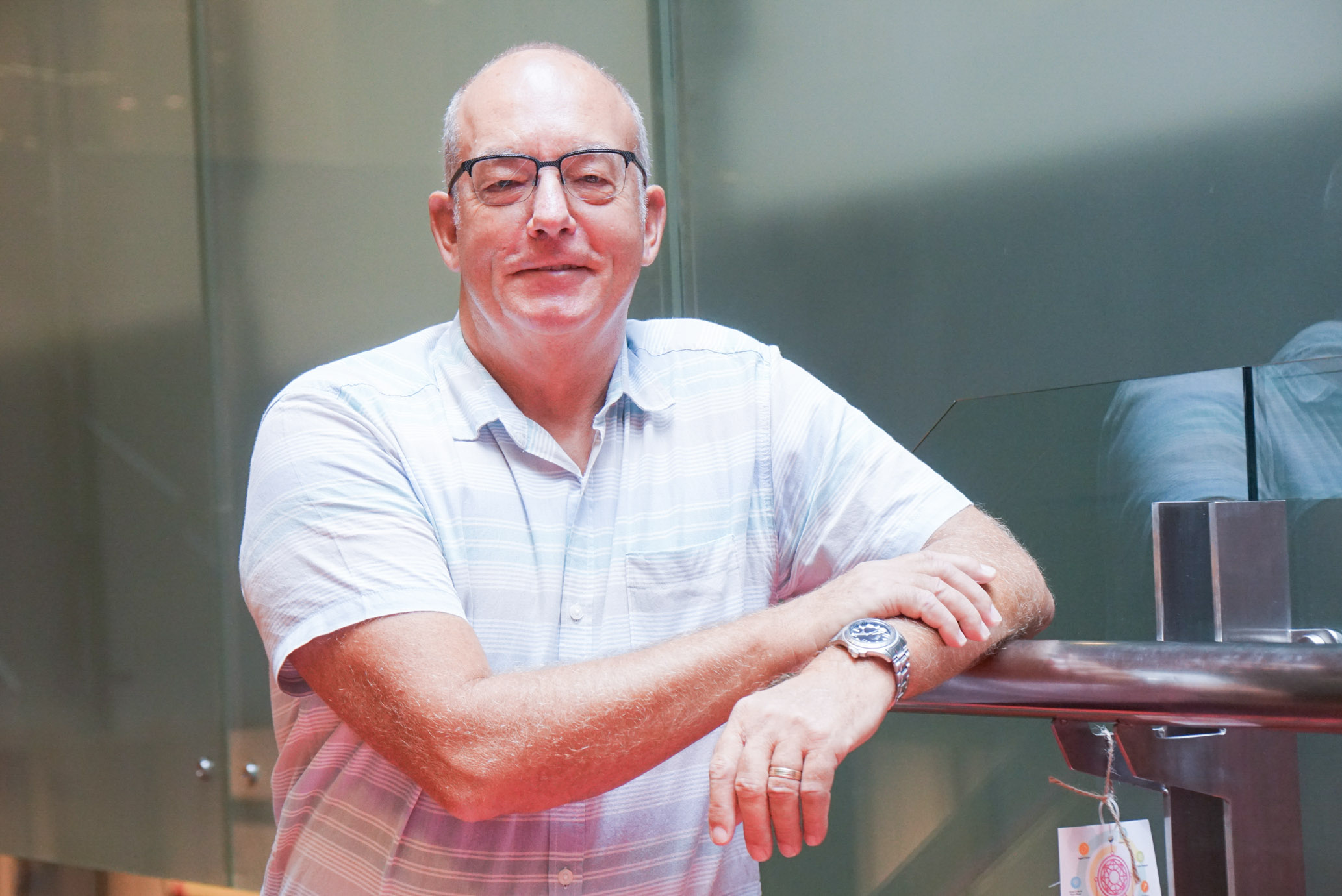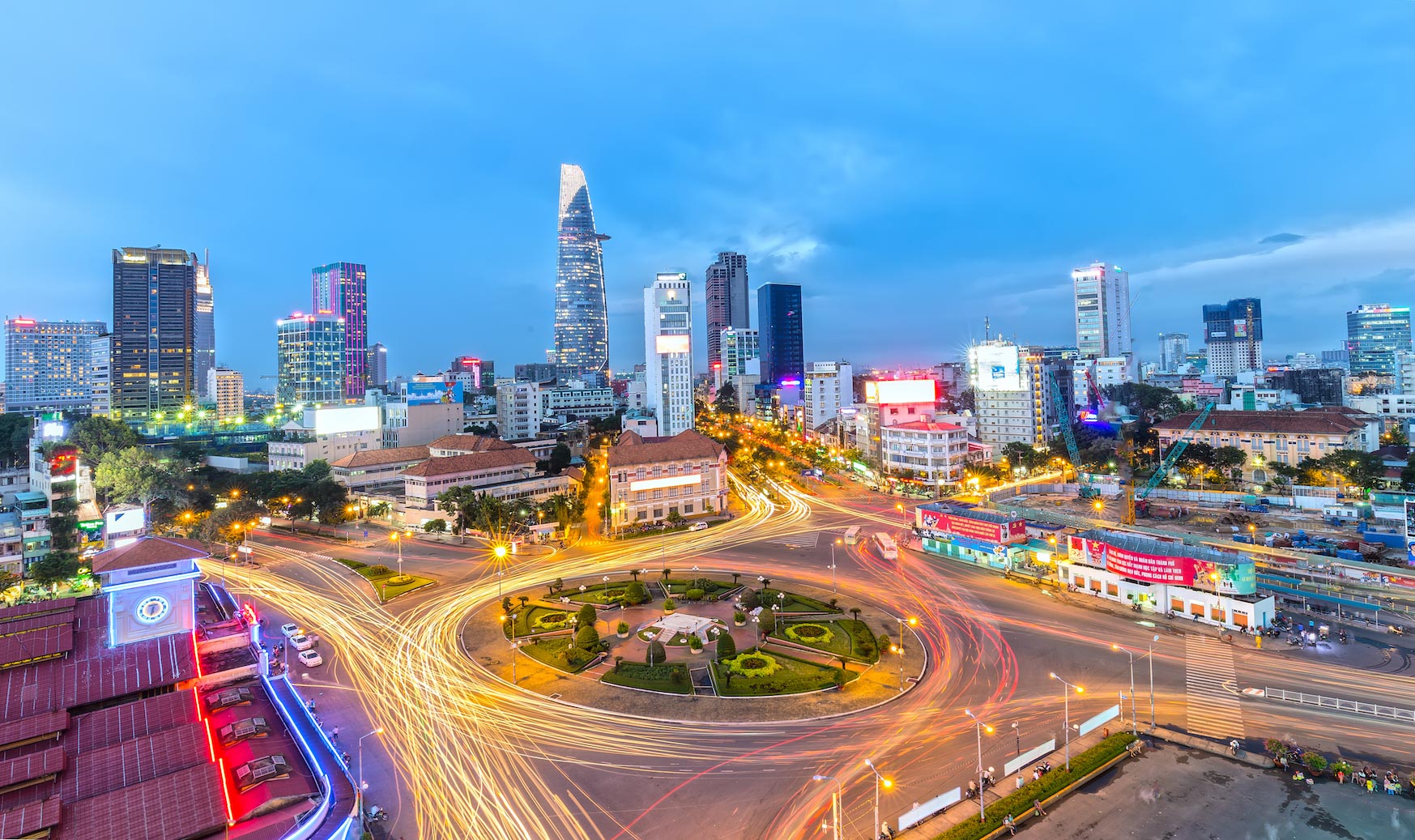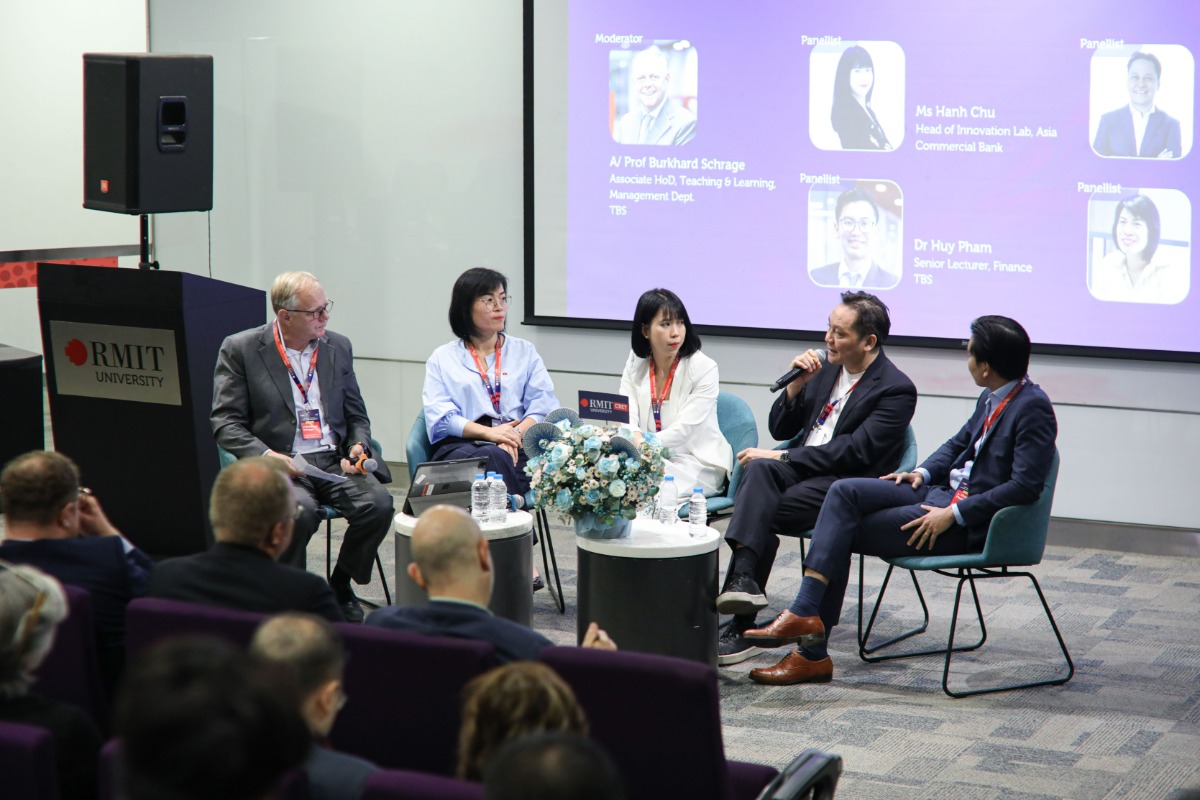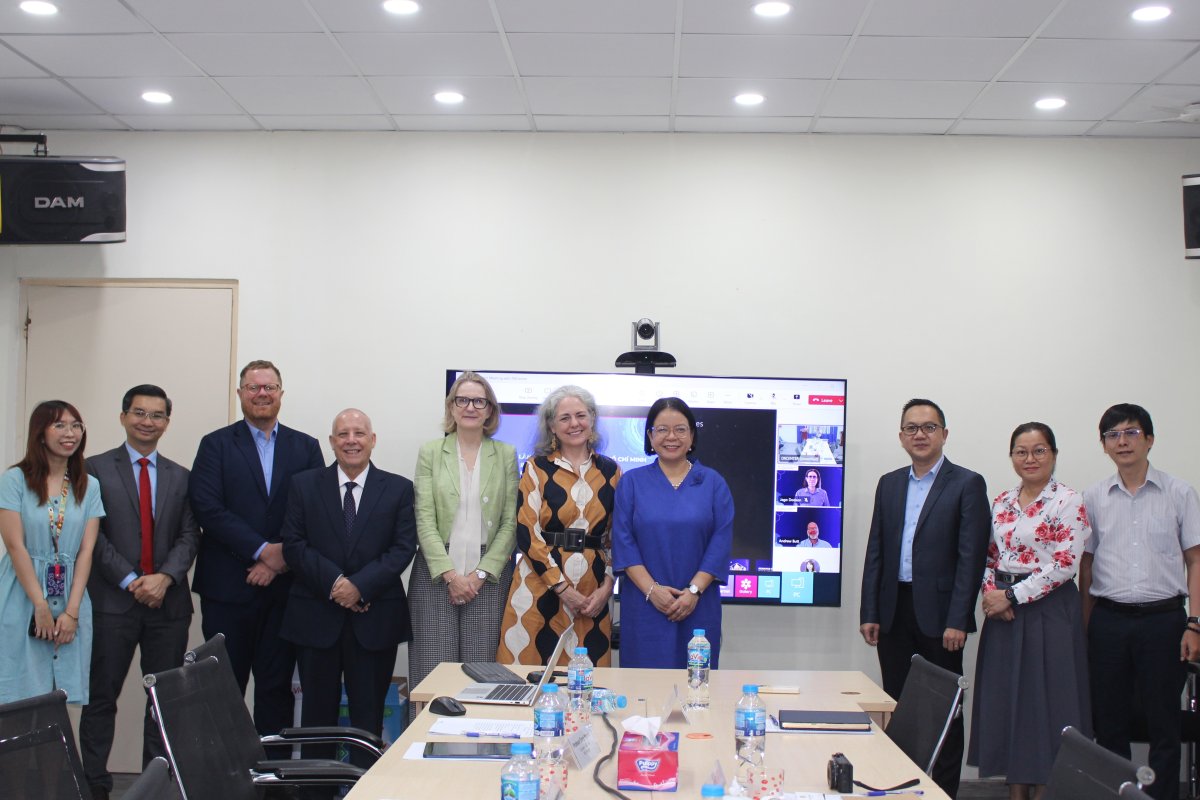“We want to give our students the first step through the door into the commercial world where they are raising capital to turn their ideas into business products or services. So our graduates will be competitive in the market place, and in turn create jobs and opportunities for many other people in Vietnam,” Professor Eddie said.
While all signs point to positive growth for Vietnam’s economic outlook in 2019, Professor Eddie highlighted two clear challenges facing the Government in the next few years: sustaining strong economic growth in the face of a turbulent global economic environment, and managing inequity.
“The Government needs to retain a strong currency to ensure that the capital inflow is positive so that Vietnam has a positive trading balance, a strong currency and doesn’t resort to excessive borrowing of international funds that creates financial risk. If Vietnam can do that it will be well placed as a beneficiary, particularly if the trade war between the U.S. and China deepens in any way,” he said.
“Last year in the Global Wealth Index (Wealth-X), Vietnam was the third fastest growing country to generate new world billionaires. What an amazing fact; not only are there many successful entrepreneurs here, they’re successful at a global level. But this is also an issue that the Government needs to be well aware of; there is still a degree of poverty, and income equity is a big issue. Income equity is always a fundamental issue for economic stability. The more inequity in any country, the more likelihood you’re going to get social and political unrest.”
Professor Ian Eddie is the VinaCapital Professor of Private Equity at RMIT Vietnam. His work focuses on research in economics and the capital market in Vietnam.
A recognised expert in international corporate governance regulations and practices, Professor Eddie has more than 20 years of experience in the strategic management of business school research programs and activities. He has held senior academic leadership positions in three Australian universities including the Head of the New England Business School at the University of New England, Dean of the Faculty of Business and Government at the University of Canberra, and Director of the Graduate College of Management at Southern Cross University.
Story: Lisa Humphries







